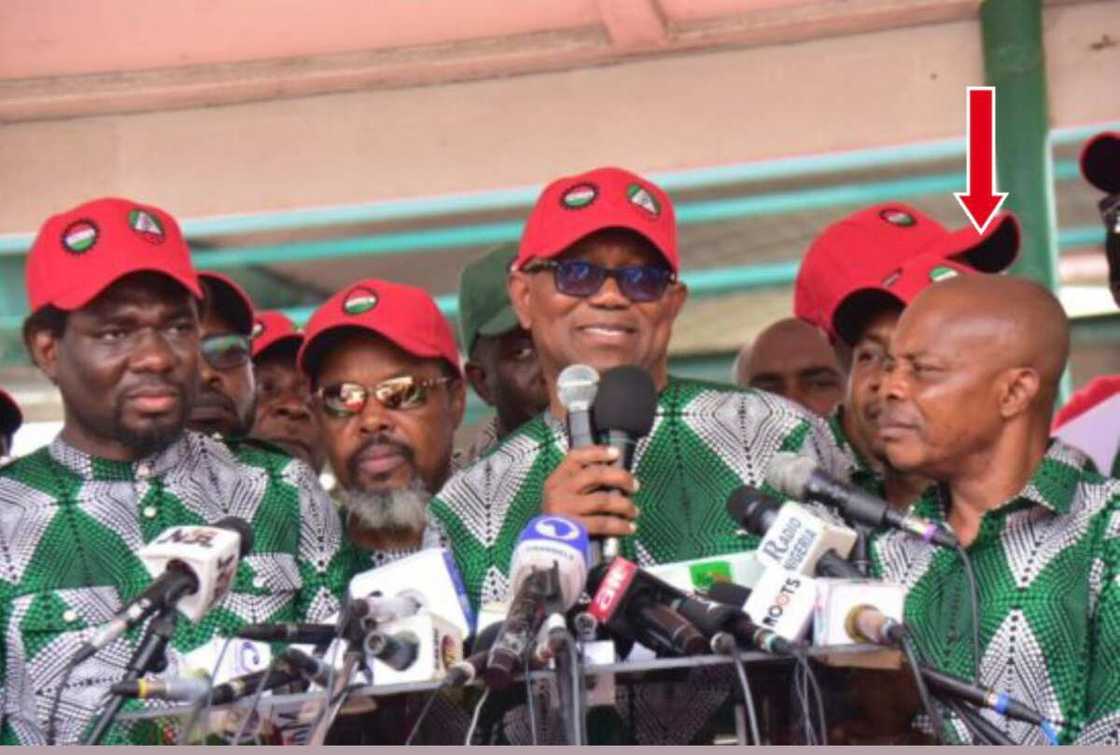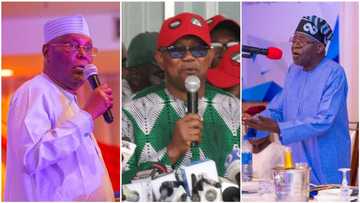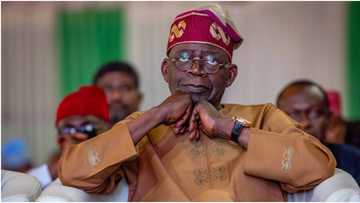President Bola Tinubu: 5 Reasons NLC Planned Strike Against Subsidy Removal May Fail
President Bola Tinubu from his inauguration day hit the ground running when he declared that the "fuel subsidy is gone".
The announcement has put the country in an uneasy corner as fuel marketers have immediately increased the price of the commodity and the Nigeria Labour Congress (NLC) is already planning to embark on a strike scheduled for Wednesday, June 7.

Source: Twitter
However, there are indications that the planned protest by the NLC may not be a successful one dues to the reasons explained below:
NLC is no longer neutral
The labour union has been accused of being biased since the emergence of its new national president, Joe Ajaero.
PAY ATTENTION: Share your outstanding story with our editors! Please reach us through info@corp.legit.ng!
During the May Day celebration, the presidential candidate of the Labour Party, Peter Obi, attended the rally of the Labour Union and many Nigerians are already seeing the NLC as taking sides politically.

Source: Twitter
On Friday, June 2, Bayo Onanuga, a chieftain of the All Progressives Congress accused the NLC of working for the Labour Party to truncate the newly inaugurated Bola Tinubu administration.
Also, Reno Omokri, a chieftain of the Peoples Democratic Party (PDP) alleged that the union lack neutrality and integrity because of its affiliation with the Labour Party and its presidential candidate.
NLC is divided
On Saturday, June 3, it was reported that the Labour Union is divided as the northern and southwest states' chapters of the union have resolved to back out of the strike.
Also, Olisah Metuh, another chieftain of the PDP, has urged the southeast states chapters of the NLC-planned industrial action.
Industrial Court Verdict Between FG vs ASUU
The decision of the National Industrial Court on the tussle between the federal government (FG) and the Academic Staff Union of Universities (ASUU) should be a concern to every worker now.

Read also
BREAKING: Atiku, Obi's cases against Tinubu suffer setback as judicial workers declare strike, gives reason
FG's "no work, no pay" policy against the ASUU members who went on strike was upheld by the industrial government and the new government was likely to continue with the policy if NLC continued with the strike.
No strike should exceed 5 days - Barrister M.A Lateef
In an interview with Legit.ng, a legal practitioner and law lecturer, Misbau Lateef, said no constrictive strike should exceed 5 days at maximum.
Lateef noted that the objective of a strike is to compel the employer to the negotiation table, citing the Trade Union Act and that once government return to the negotiation table, workers should resume work.
Unfortunately, the NLC has shunned negotiation, trying to compel the government to reverse his decision.
According to Lateef:
"Employees are, by law, empowered or entitled to declare a strike, and employers, too, are by law empowered to declare a lockout."
Subsidy removal already affected neighbouring African countries
A recent report that fuel prices have increased in some African countries, such as the Benin Republic, are already feeling the effect of the subsidy removal in Nigeria justifies Tinubu's position that Nigeria is subsidizing fuel for countries like Benin, Niger and Cameroon.
Thus, NLC forcing the government to return the subsidy might be interpreted that the Labour Union's strike was not in the best interest of the country.
Subsidy removal: NLC planned strike suffers setback as union divided
Legit.ng earlier reported that the NLC planned protest against the removal of the fuel subsidy by President Bola Tinubu has suffered a major setback.
It was learned that the northern and southwest states chapter of the NLC have resolved to back out of the strike scheduled to begin on Wednesday, June 14.
The division in the union followed the allegation by Bayo Onanuga, a chieftain of the APC, that NLC chairman, Joe Ajaero, was working for the opposition Labour Party to destabilize the country.
Source: Legit.ng




